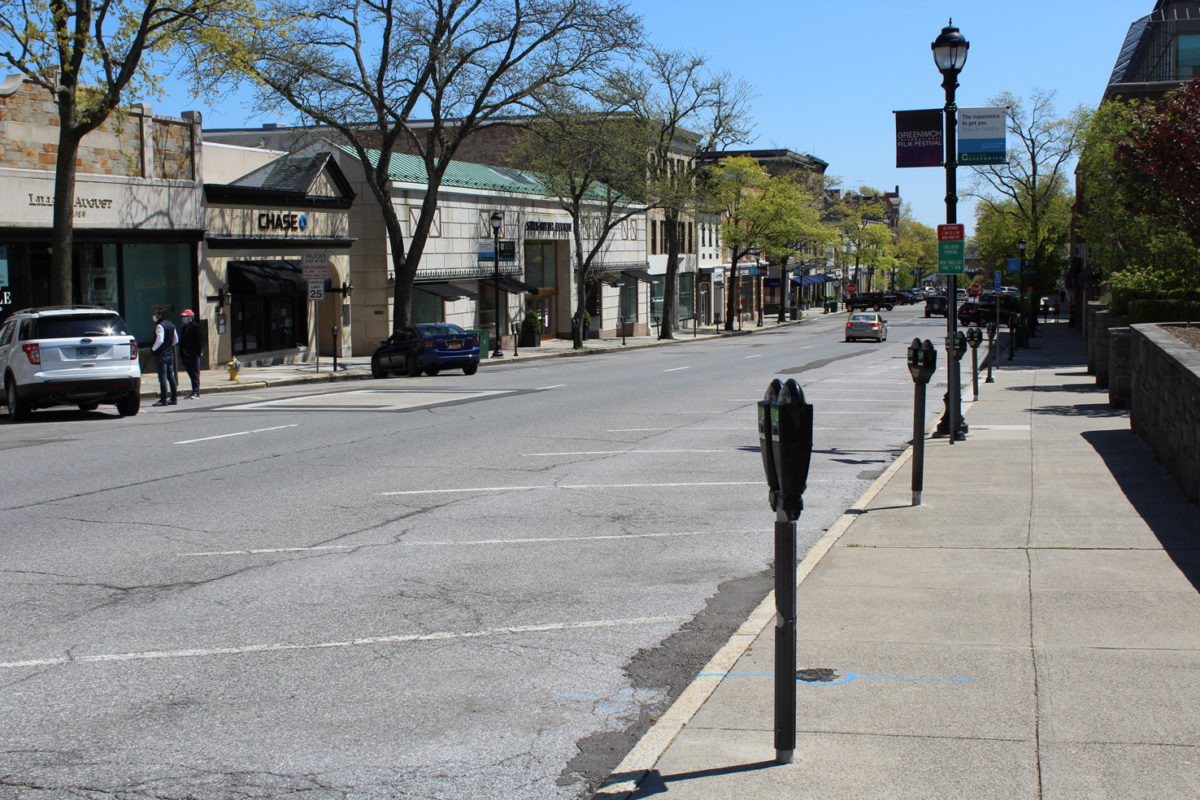For John Peyton, president and CEO of the real estate and relocation services company Realogy Franchise Group, the COVID-19 pandemic hit too close to home.
“I had COVID, as did my wife and my son,” said Peyton during a recent webinar hosted by


T3 Sixty, a real estate consulting firm, joking that “the boy wonder was thoughtful enough to bring it home from college with him. Here”™s the good news: We”™re all fully recovered and none of us had the respiratory issues or the hospitalization issues. It”™s a really, really, really, really, really bad flu ”” and it”™s highly contagious. He came home on Sunday, my wife had it on Monday and I had it on Tuesday, and we all tested positive on a Wednesday.”
Joining Peyton on the webinar was M. Ryan Gorman, president and CEO of Coldwell Banker, a Realogy brand. And while Gorman did not mirror Peyton”™s health crisis, he observed that the large number of people being forced to stay at home during the pandemic is starting to have a significant impact on real estate trends.


“Landscapers have never been busier because everyone”™s staring at their yard 24 hours a day and saying, ”˜Well, I want a new wall here. I want to do something different here,”™” he said “From the interior space, the same thing: ”˜What if we move this room in this buildout of a home office?”™”
Gorman added that while retrofitting property was expensive, he believed “those quotes are going to drive a lot of listings” from people who would rather seek properties that meet the needs they acquired during the self-quarantined weeks.
“You”™ve had a lot of the hottest markets in the country where inventory has been the most constrained, and also some of the highest traffic markets and some of the ones that skew more toward technology firms that have been a little more open to extending work-from-home status,” he said.
“I think what you”™re going to have, including here with New York City, is a lot of people who say, ”˜Maybe I need to be in the city three days a week, maybe not five days a week, and maybe that means I don”™t need to be 35 minutes on the train, I can be up to 55 minutes on the train ”” which starts to positively impact affordability trends as well because you”™ve had a lot of that inventory constraint driving down affordability.”
Gorman also predicted a new chapter in housing affordability will be written “in a way that no one would have predicted” by encouraging work-from-home in suburban markets rather than working in urban centers close to one”™s job. Peyton added that an analysis of search terms has increased the terms “first-time homebuyers” and “suburban homes” ”” and this could impact the regional real estate scene.
“Urban livers in Boston (and) in New York may not even be moving but are looking for second homes,” he said. “And we”™re seeing that in Greenwich. We”™re seeing that in the Hamptons, we”™re seeing that in Westchester.”
Peyton pointed out that his company was ready to meet this changing environment, noting swift corporate decisions designed to remain buoyant as state economies shut down one by one.
“During a crisis like this, you”™ve got to play offense and defense,” he said. “The companies that they sort of go dark really just play defense and are going to struggle to own the upswing that is inevitable. It”™s all very public information, but we did salary cuts and hourly cuts and froze 401k contributions ”” all of the things that one would expect.
“We did furloughs,” he continued, “and that was the defense, but at the same time we continue to invest in things that we need to do so that we have momentum coming out of this. We carved out our technology investments ”” those are ongoing during the pandemic ”” and we carved out certain new partnerships like we have with AARP.”
Gorman acknowledged the Coldwell Banker franchises have been facing rough times since the COVID-19 pandemic metastasized in this country and credited Peyton with encouraging constant contact with franchisees.
“One of things I”™ve learned a lot from John is his idea of how and when we should communicate ”” the frequency, the authenticity,” he explained. “If it weren”™t for that, I don”™t think we would have handled this as well. The amount of daily and weekly communication, what we recommended our broker owners and agents should do with their customers ”” it was just a sea change and it”™s paid off a lot because we”™ve had a lot of people tell us that we”™re helping them to just de-stress a bit and feel like they”™ve got this and can do this.”
“I”™m talking to more of the owners of our affiliated brands than I”™ve ever had time to do before,” Peyton added.
“And everyone is feeling the same thing. One of the big things that Realogy is focusing on is the short-term and longterm of how we come back to work. In a shortterm, it is how do you come back to work while the virus is still a threat. But the more exciting piece of work that we”™re doing is post-vaccine, right when the world is safe again. We don”™t think we”™ll go back to work the way we did before, and the way we work going forward ”” whether it”™s at a corporate headquarters or even at a brokerage office ”” there will be much more blended work.”





















